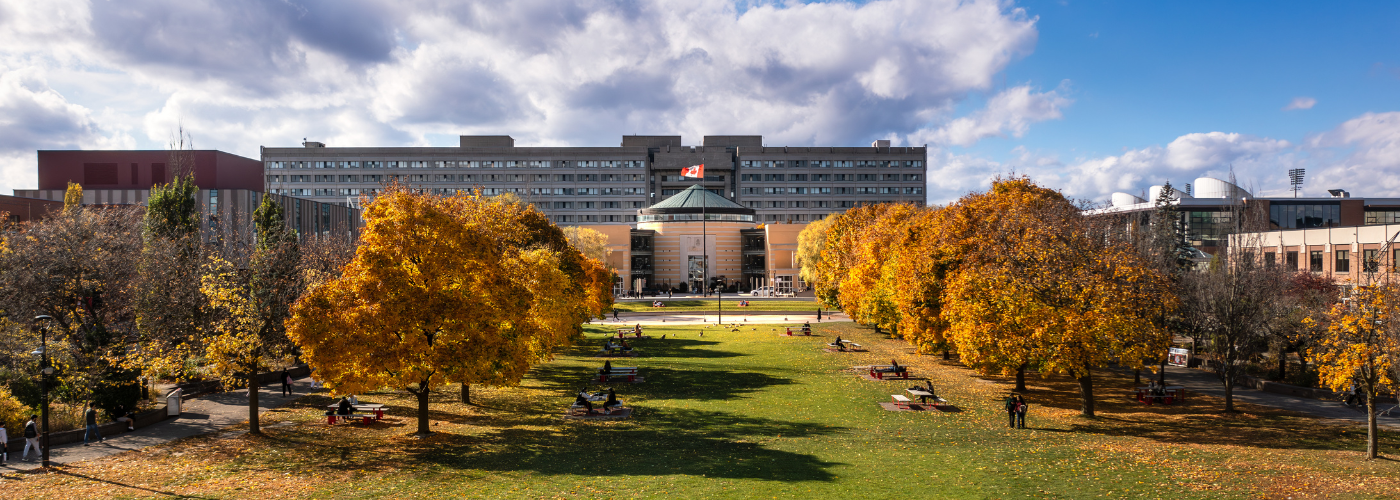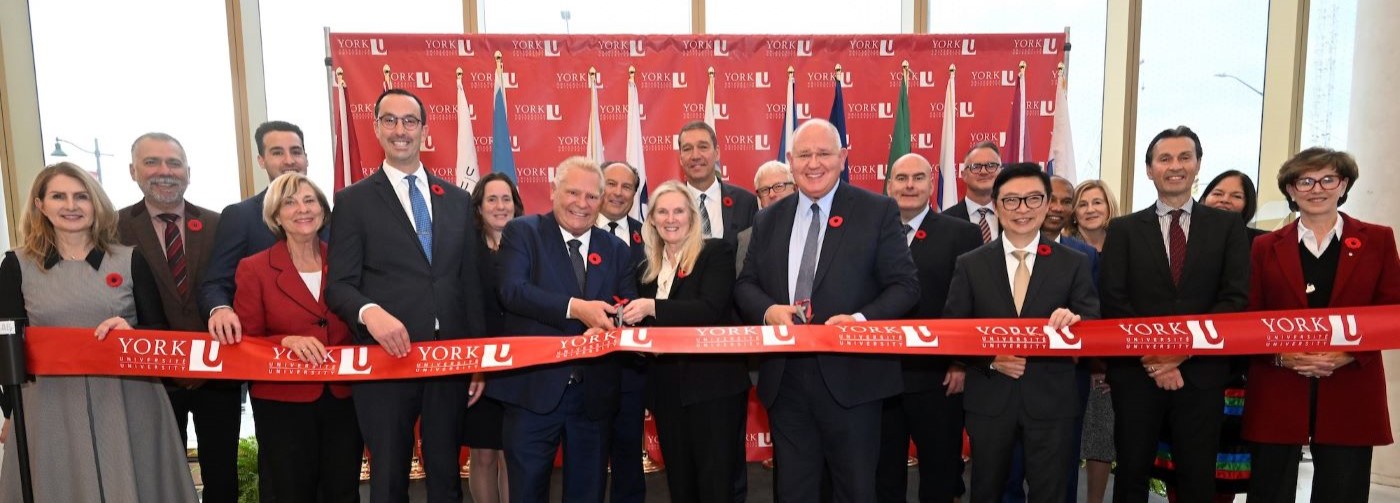York U experts available to comment on 2017 federal budget
TORONTO, March 21, 2017 – York U experts can comment on issues related to the 2017 federal budget being tabled Wednesday. The budget is expected to detail how the Liberals plan to tackle skills training and job creation for an increasingly high-tech economy, economic growth and innovation, infrastructure plans, the deficit and tax credits.
James McKellar, Professor at the Schulich School of Business can comment on: infrastructure and cities; infrastructure projects and plans; urbanization, and the housing market.
Amin Mawani, Associate Professor at the Schulich School of Business, can comment on all aspects of taxation including personal income tax, corporate income tax, tax planning, tax equity, impact on high and low income Canadians, and the impact on economic growth.
Lisa Philipps, Professor of tax law at Osgoode Hall Law School, can comment on personal taxation, tax credits and deductions, tax expenditures, fiscal policy, gender budget analysis, capital gains tax, the principal-residence exemption, and on the law and policy of work-integrated learning.
Perry Sadorsky, Associate Professor at the Schulich School of Business, can comment on innovation and business performance; energy and financial markets and the economy; and how the budget will impact the finances of Canadians.
Alice MacLachlan, Associate Professor, Faculty of Liberal Arts & Professional Studies and Chair of SexGen York, can talk about gender equality.
Gus Van Harten, Associate Professor at Osgoode Hall Law School and expert in international trade and investment law, can talk about trade treaties and agreements, NAFTA and regulatory disputes between states and investors.
Mark Winfield, Associate Professor in the Faculty of Environmental Studies can comment on climate change policy including federal-provincial dimensions; carbon pricing; low-carbon transition and clean technology strategies; environmental assessment and pipelines; and environmental policy.
Stephen Gaetz, Professor in the Faculty of Education and Director of the Canadian Observatory on Homelessness, can comment on homelessness and housing issues, and federal housing policy.
Alan Young, Associate Professor at Osgoode Hall Law School, can comment on the legalization of marijuana, marijuana laws, as well as criminal law and procedure.
Thomas Klassen, Professor, Faculty of Liberal Arts & Professional Studies, can be comment on workforce and skills training, labour market policies and unemployment.
– 30 –
York University is known for championing new ways of thinking that drive teaching and research excellence. Our students receive the education they need to create big ideas that make an impact on the world. Meaningful and sometimes unexpected careers result from cross-discipline programming, innovative course design and diverse experiential learning opportunities. York students and graduates push limits, achieve goals and find solutions to the world’s most pressing social challenges, empowered by a strong community that opens minds. York U is an internationally recognized research university – our 11 faculties and 26 research centres have partnerships with 200+ leading universities worldwide. Located in Toronto, York is the third largest university in Canada, with a strong community of 53,000 students, 7,000 faculty and administrative staff, and more than 295,000 alumni.York U’s fully bilingual Glendon campus is home to Southern Ontario’s Centre of Excellence for French Language and Bilingual Postsecondary Education.
Media Contact:
Sandra McLean, York University Media Relations, 416-736-2100 ext. 22097, sandramc@yorku.ca






